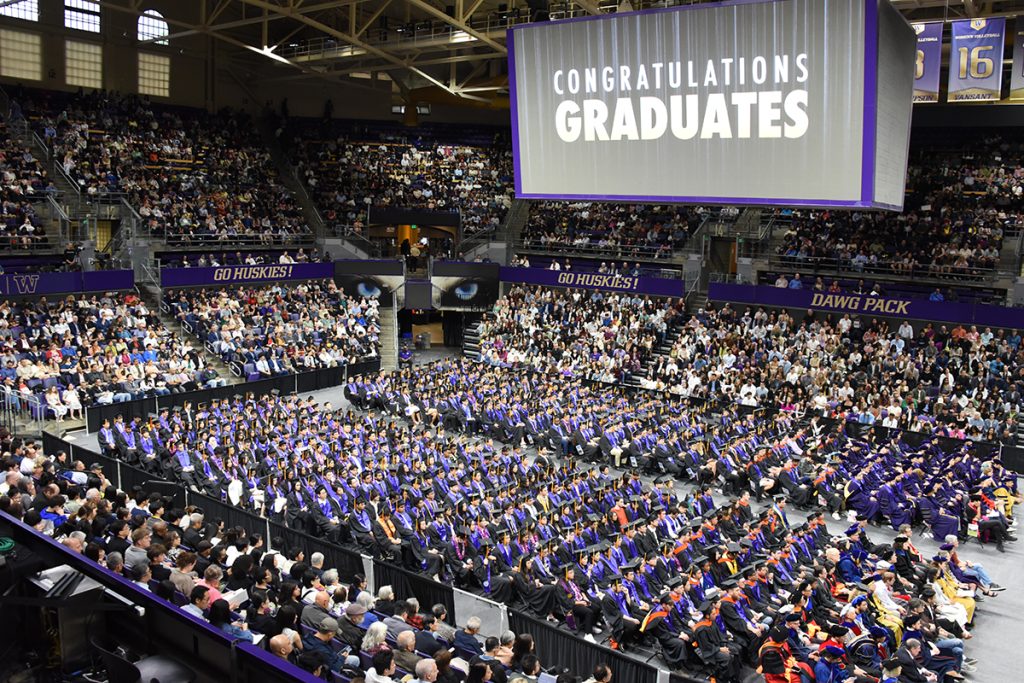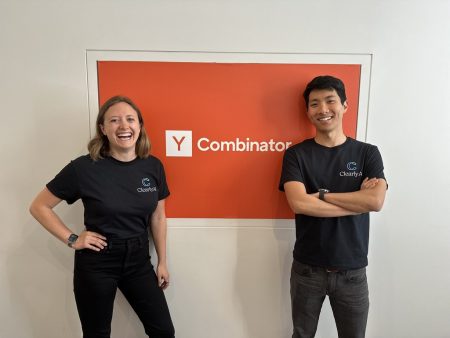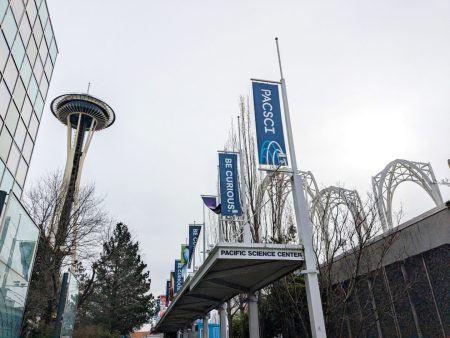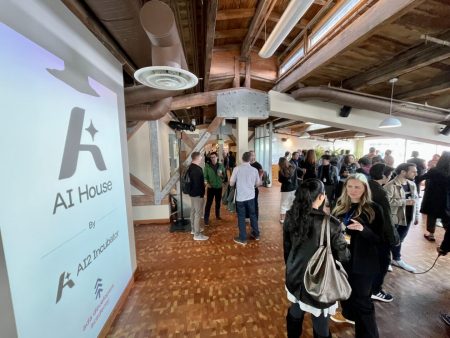UW Computer Science Professors Offer Reassurance in the Age of AI and Tech Layoffs
In a reassuring message to computer science graduates, leading professors at the University of Washington’s Paul G. Allen School of Computer Science & Engineering are challenging the gloomy narrative surrounding tech job prospects. Magdalena Balazinska, professor and director of the Allen School, emphatically states that “the alarmist doom and gloom prevalent in the news is not consistent with the experiences of the vast majority of our graduates.” Despite headlines about AI replacing jobs and tech industry layoffs, Balazinska and her colleague, professor Dan Grossman, maintain that computer science remains an excellent foundation for diverse career paths. They point out that while the job market may be tighter than in recent years, graduates from top programs like the Allen School continue to be highly sought after by employers. Their message comes as a breath of fresh air for students navigating an uncertain job landscape, especially following concerning media reports about recent graduates struggling to find employment despite numerous applications.
The evidence supporting their optimistic outlook is compelling. Seattle-area tech giants continue to recruit UW computer science graduates in significant numbers. Amazon hired more than 100 engineers from the most recent graduating class—an all-time high—while Microsoft brought on more than two dozen new hires. This strong recruitment pattern suggests that despite industry-wide adjustments, the demand for well-trained computer science professionals remains robust. However, both professors acknowledge the changing landscape, with Balazinska noting that the tech industry is experiencing a “reset” after pandemic-era over-hiring and massive investments in AI infrastructure. She makes an important distinction between coding—which AI can indeed handle—and true software engineering, which involves complex problem-solving and creative thinking that AI cannot yet replicate. “We have never graduated coders,” Balazinska emphasized in previous comments to GeekWire. “We have always graduated software engineers.”
Both professors address the elephant in the room: why pursue computer science when AI can write code? They echo a sentiment previously expressed by longtime UW professor Ed Lazowska and AI specialist Oren Etzioni: “You won’t be replaced by an AI system, but you might be replaced by a person who uses AI better than you.” This perspective frames AI not as a threat but as a tool that future professionals must learn to leverage effectively. The Allen School is actively preparing students for this reality by incorporating AI-related coursework and ensuring graduates understand how to harness these powerful new technologies. Balazinska emphasizes that the industry will continue to need “smart, creative software engineers who understand how to build and harness the latest tools—including AI,” suggesting that human ingenuity and adaptability remain irreplaceable in the tech landscape.
The professors also reassure students interested in computing fields beyond AI that abundant opportunities still exist. They highlight the continued importance of core computer science concepts and the transferability of these skills across diverse sectors including natural sciences, finance, medicine, and law. This breadth of application demonstrates the enduring value of a computer science education, regardless of AI’s growing prominence. Their message acknowledges the transformation occurring in the workplace while maintaining that fundamental problem-solving abilities, creativity, and technical knowledge will remain valuable assets for graduates entering the workforce. The Allen School curriculum continues to evolve, balancing traditional computer science fundamentals with emerging technologies and approaches to ensure students graduate with both depth of understanding and flexibility to adapt to changing industry needs.
Despite media narratives suggesting waning interest in tech careers, the data tells a different story. According to Grossman, the Allen School received approximately 7,000 applications for Fall 2025 first-year admission, indicating strong continued interest in computer science education. This robust application pool suggests that prospective students recognize the long-term value of a computer science degree, even amid short-term market fluctuations and technological disruptions. The sustained interest also reflects confidence in the Allen School’s reputation and ability to prepare graduates for success in an evolving landscape. As one of the nation’s top computer science programs, the school continues to attract students seeking rigorous preparation for careers in technology and beyond, underscoring the professors’ assertion that well-educated computer science professionals will remain in demand.
In their comprehensive assessment, Balazinska and Grossman paint a nuanced but ultimately optimistic picture of the future for computer science graduates. They acknowledge real challenges in the current job market while providing compelling evidence that skilled, adaptable professionals will continue to thrive. Their message offers valuable perspective for students and recent graduates navigating a period of technological transformation and economic adjustment. Rather than viewing AI as a threat to employment prospects, they frame it as the latest in a long line of tools that skilled engineers must learn to wield effectively. This perspective shift from fear to opportunity represents an important counterpoint to prevalent narratives of technological displacement and offers a more balanced view of the evolving relationship between human expertise and artificial intelligence in the workplace. For the graduating class of 2025 and beyond, the message is clear: breathe easy, adapt to change, and trust in the enduring value of your education and skills.















